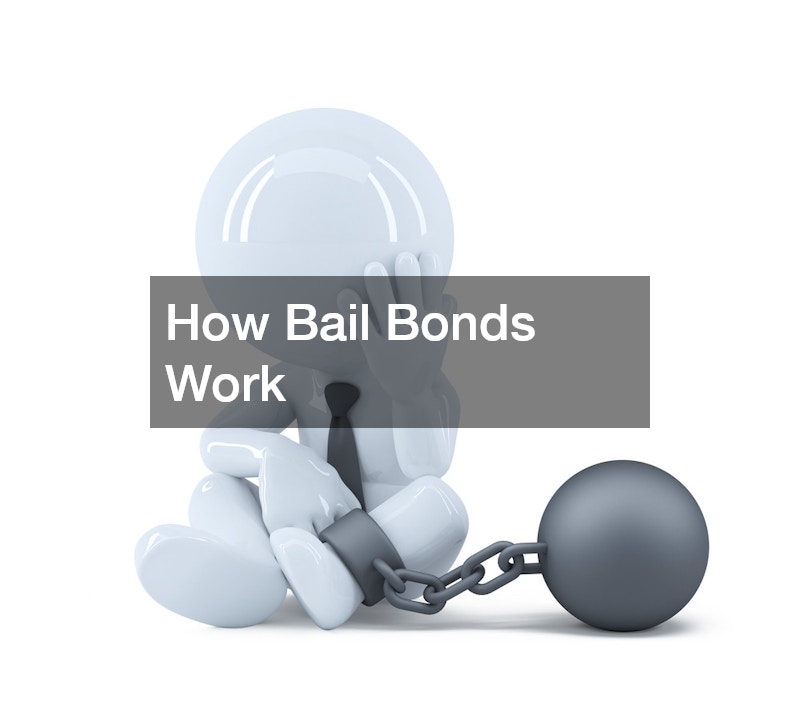
Navigating the legal system can be a daunting experience, especially when facing the arrest of a loved one or yourself. One crucial aspect of this process is understanding how bail works. Bail agreements provide a way for individuals to secure their release from jail while awaiting trial, allowing them to maintain their freedom and prepare their defense outside of incarceration. This article will explore the intricacies of bail services, their function within the judicial system, and what to expect if you ever need to use one.
When someone is arrested, they are typically taken to jail and booked. During this process, a judge sets a bail amount, which serves as a financial guarantee that the accused will appear in court for their scheduled hearings.
The bail amount varies depending on the severity of the charges, the individual’s criminal history, and the likelihood of them fleeing. If the accused cannot afford to pay the full bail amount, this is where bonds come into play.
Bail agreements are essentially agreements between the accused, a bail bondsman, and the court. A bail bondsman is a licensed professional who provides the necessary funds to secure the accused’s release in exchange for a fee, usually a percentage of the total bail amount. This fee is typically non-refundable and ranges from 10% to 15% of the total bail. For instance, if the bail is set at $10,000, the bail bondsman may charge a fee of $1,000 to $1,500 to secure the bond. This payment is the price of the bond and is how the bail bondsman earns their income.
Once the fee is paid, the bail bondsman will post the full bail amount to the court on behalf of the accused. This allows the individual to be released from jail, and they will be required to comply with specific conditions set by the court. These conditions may include attending all court appearances, adhering to a curfew, or avoiding contact with certain individuals. Failing to meet these conditions can result in the bail being revoked, and the bondsman may seek to have the accused returned to custody.
It’s important to understand that bail agents assume significant risk when they agree to post bail. If the accused fails to appear in court, the bail bondsman is responsible for the full bail amount. To mitigate this risk, bondsmen often require collateral, such as property, vehicles, or other valuable assets. This collateral serves as security for the bail bondsman, ensuring they can recover some of their losses if the accused skips court.
The bail bond process can vary slightly from state to state, as each jurisdiction has its own rules and regulations governing bail. For example, some states may allow for a bail hearing where the judge can reconsider the bail amount based on the accused’s circumstances. Additionally, certain states have enacted bail reform measures to reduce reliance on cash bail, aiming to create a fairer system for individuals who cannot afford bail. Understanding the specific laws in your area is crucial when dealing with bail agreements.
For individuals considering using bail services, it is essential to do your research and choose a reputable bail bondsman. Look for someone with a solid track record and positive reviews from previous clients. A trustworthy bail agent will be transparent about fees, terms, and any potential risks involved in the bail process. They should also be willing to answer your questions and explain the terms of the bond in detail. This level of communication can help ease the stress of navigating the bail process during an already challenging time.
In conclusion, bail plays a vital role in the legal system by providing a means for individuals to secure their release from jail while awaiting trial. By understanding how bail services work, including the relationship between the accused, the bail bondsman, and the court, individuals can make informed decisions when faced with the need for bail. Whether it involves assessing fees, determining collateral, or complying with court conditions, being informed about the bail bond process can significantly ease the burden during a difficult time. If you ever find yourself in a situation where posting bail is necessary, knowing the ins and outs can help you navigate the system more effectively and with greater confidence.
.



